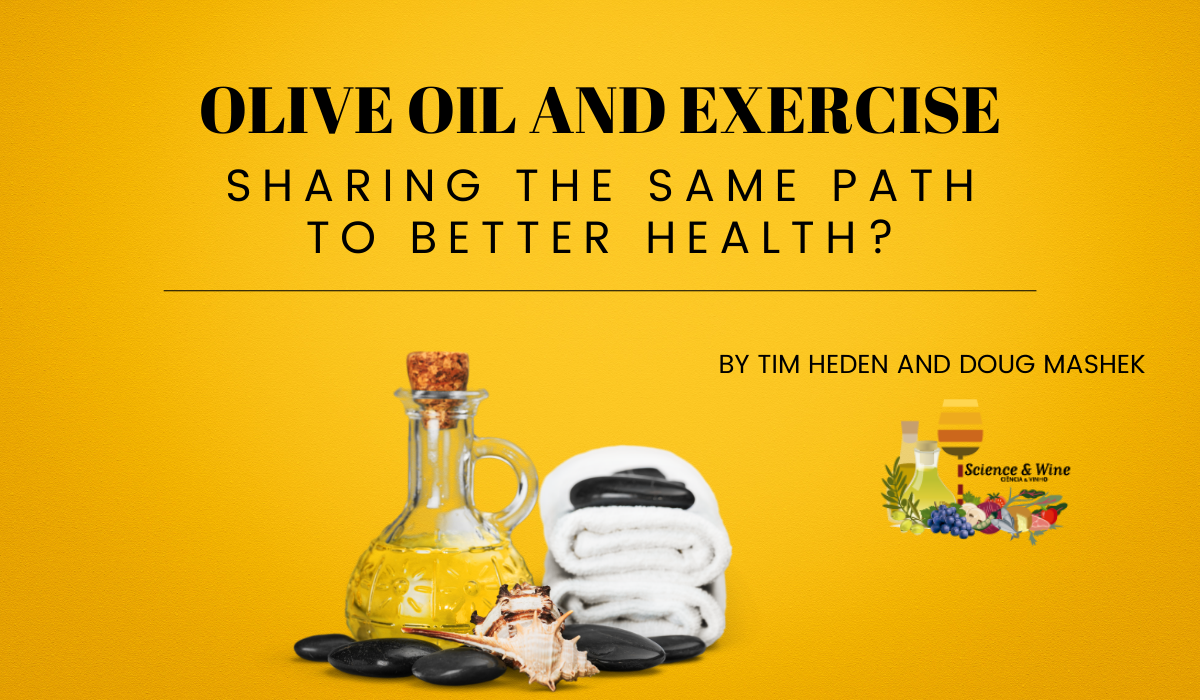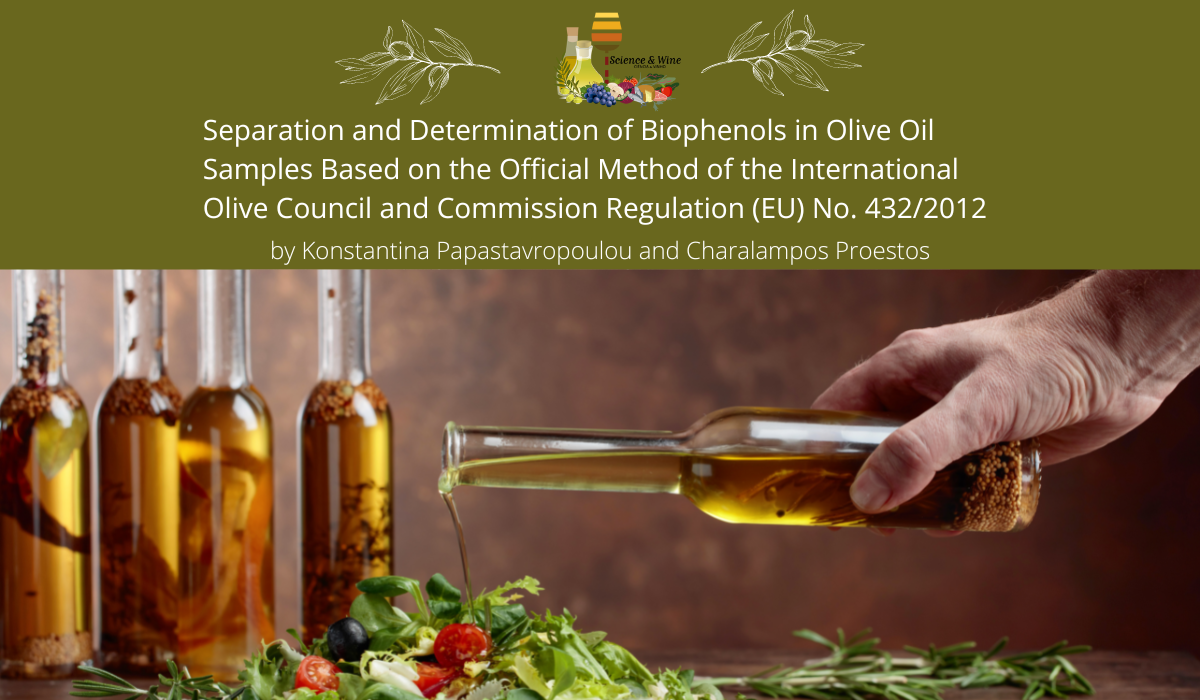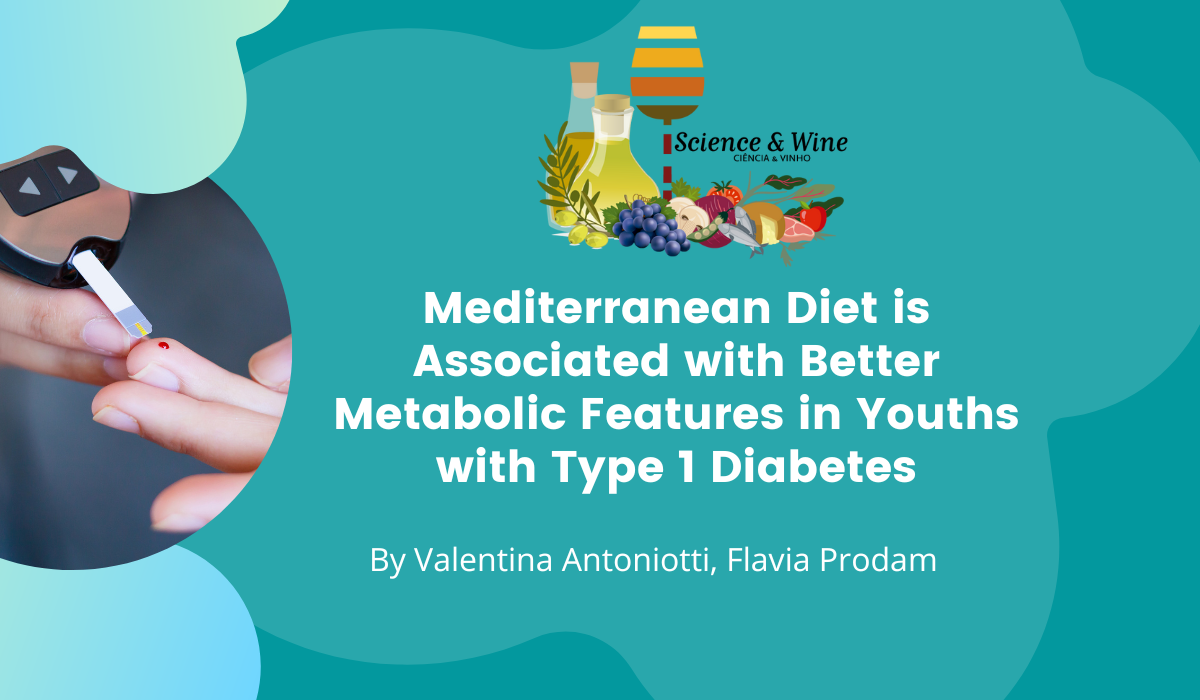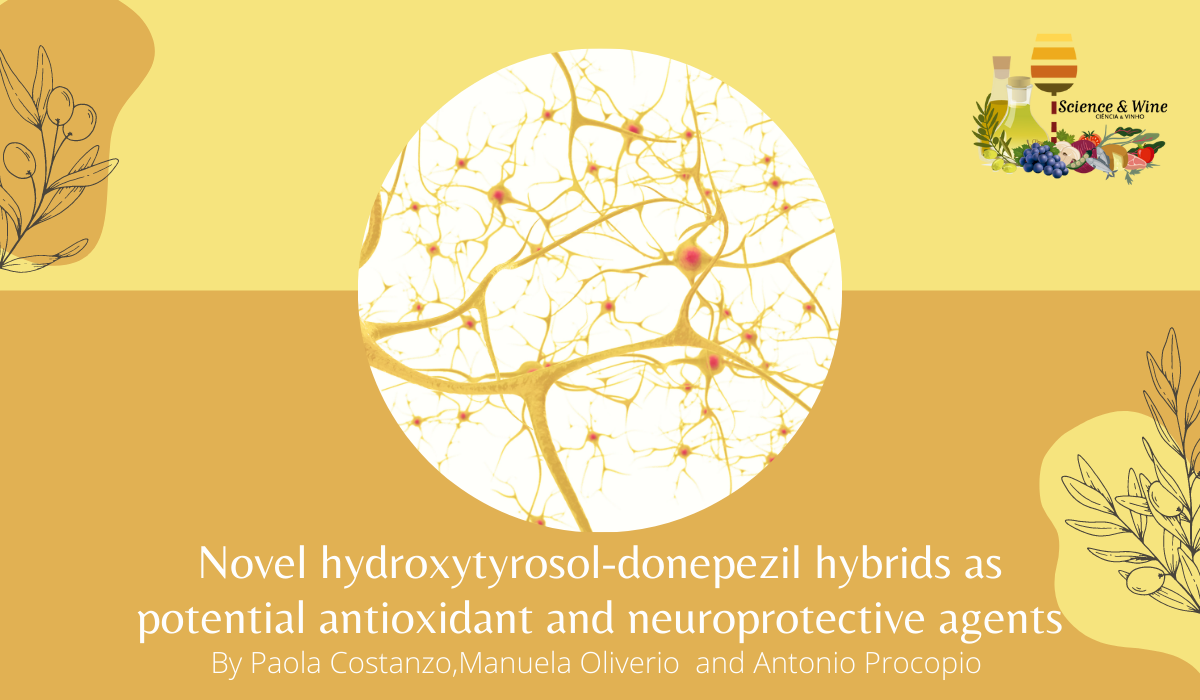Gut microbiota changes correlate with health status. Literature data on gut microbiota show that all dietary changes can induce the alteration of gut microbiota composition. Mediterranean diet (MD) is associated with a reduction of all-cause mortality and in this review, Giuseppe Merra and collaborators analyzed its interactions with human microbiota. In particular, they explored the modulation of the human microbiota, in response to MD adherence, focusing the attention on polyphenols, polyunsaturated fatty acids (PUFA)ω-3 and fiber. Evidences suggest that MD is able to modulate the gut microbiota, increasing its diversity. In fact, a Mediterranean-type dietary pattern is associated with specific gut microbiota characteristics. The available evidence, suggests that gut microbiota of subjects that follow a MD is significantly different from subjects that follow a Western diet model.

Olive oil and exercise: sharing the same path to better health?
An olive oil (OO) rich diet or high-intensity interval training (HIIT) independently improve markers of health and energy metabolism, but it is unknown if combining OO and HIIT synergize to improve these markers. This study characterized the isolated and combined impact of OO and HIIT on markers of health and energy metabolism in various tissues in C57BL/6J female mice. The results highlight the pleiotropic effects of OO and HIIT, although their combination does not synergize to further improve most markers of health and energy metabolism.

Mediterranean Diet and Physical and Fitness in Adults
A healthy diet and high health-related physical fitness levels may be part of an overall healthy lifestyle. The relationship between adherence to the Mediterranean diet and physical fitness levels has been analyzed in several studies. However, no studies have synthesized evidence on this relationship throughout adulthood. Moreover, in addition to the overall Mediterranean dietary pattern, the associations of individual components of the Mediterranean diet with physical fitness indicators are also unclear.

Separation and Determination of Biophenols in Olive Oil Samples Based on the Official Method of the International Olive Council and Commission Regulation (EU) No. 432/2012
The purpose of this study was to evaluate the key quality characteristics of olive oil with a main focus on the biophenolic content, its beneficial effects on health and the contribution of various quality characteristics to its health claims, as well as its influence from various parameters.

Food Habits of the Mediterranean Diet are Associated with Better Metabolic Features in Youths with Type 1 Diabetes
The aim of this study was to evaluate adherence to the Mediterranean diet (MedDiet) among children and adolescents with type 1 diabetes (T1D) in relation to metabolic control. Adherence to the MedDiet was assessed with the Mediterranean Diet Quality Index (KIDMED) questionnaire and physical activity by the International Physical Activity Questionnaire for Adolescent (IPAQ-A) on 65 subjects (32 males, 9–18 years) with T1D. The promotion of the MedDiet, mainly having a healthy breakfast, is a good strategy to include in the management of T1D to improve glucose and metabolic control. This research is valuable for parents to obtain the best results for their children with T1D.

Mediterranean Diet and Risk of COVID-19
Mediterranean dietary pattern is more important than that of its individual food groups. On one hand, for some foods, there was not a big difference between the most extreme consumption categories; therefore, the effect of high or low consumption would be more difficult to be observed. As more foods are included, these differences will grow. On the other hand, although we found a significant inverse association between dairy products and COVID-19, the effect of the Mediterranean diet is the combined effect of all its components, which can combine and enhance each other. Undoubtedly, the recommendation of a complete pattern is much more effective than that of isolated foods.

Cardioprotective Effects of Olive Oil
Cardiovascular diseases (CVDs) are still the leading cause of death and disability worldwide, and they could be prevented by a diet modification and a healthy lifestyle. Dietary modifications include a reduction in the consumption of saturated fatty acids and replacing them with mono or polyunsaturated fatty acids. Olive oil is a monounsaturated fatty acid, and its increased consumption has been associated with a significant reduction of CVDs

Development of a technical guide for a sustainable olive oil
Italian olive growing must aim at the transition to economically and environmentally sustainable management systems, linked to premium quality production and to a recognized and remunerated context of biodiversity conservation in compliance with the provisions of the European Union New Green Deal and United Nations Agenda 2030. To assist and facilitate companies in this step, a sustainability technical guide for the Italian olive oil supply chain has been developed, with reference to the four pillars of sustainability.

Olive mill wastewater powder: a rich source of phenolic compounds
The processing of olives for oil production generates the most abundant agro-industrial by-products in the Mediterranean area. The three-phase olive oil extraction process requires the addition of a large amount of water to the system, which is difficult to dispose of for its load of toxic pollutants. On the other hand, olive mill wastewater is a rich source of bioactive substances with various biological properties that can be used as ingredients in the food industry for obtaining functional and nutraceutical foods as well as in the pharmaceutical industry. In this study, we present the results relative to the phenolic compounds detected in dried olive mill wastewaters obtained using a spray dryer. The results obtained highlighted that the use of dehumidified air as a drying medium, with the addition of maltodextrin, appears to be an effective way to produce a phenol-rich powder to be included in food formulations as well as in pharmaceutical preparations having different biological properties.

Novel hydroxytyrosol-donepezil hybrids as potential antioxidant and neuroprotective agents.
It is well-accepted that the endogenous antioxidant protection system progressively decays in elderly people, and that the oxidative stress contributes to different neurodegenerative disorders such as Alzheimer’s Diseases (AD). The lower incidence of AD in countries which feature the Mediterranean Diet was associated to the high consumption of extra virgin olive oil and its polyphenolic fraction, in particular hydroxytyrosol. The protective role of these bio-phenols against oxidative stress, suggested that we combine their antioxidant/free radical scavenging activity with donepezil, an active ingredient which has just been approved for the treatment of AD.

